The Democratic National Committee (DNC) is moving forward with plans to confirm President Joe Biden as the party’s presidential nominee despite increasing calls for him to step aside. Amid internal turmoil over the party’s candidate for the upcoming election against former President Donald Trump, the DNC’s Rules Committee met on Friday, maintaining that everything is proceeding as planned.
The committee convened to discuss plans for a virtual roll call vote to formally nominate Biden weeks before the convention. While no votes were taken or decisions made, party leaders informed the nearly 200 committee members about the current process. The committee will meet again on Friday, July 26, to consider adopting the virtual roll call process, which would take place in the first week of August.
The virtual roll call idea has its detractors within the party, though the meeting saw little dissent. Questions arose about whether other candidates could be nominated during the virtual roll call. Technically, this is possible, but practically unlikely. The meeting started shortly after four Democratic members of Congress called on Biden to step aside.
Despite the growing calls for Biden to step down, party leaders, including DNC Chair Jaime Harrison, expressed their excitement to “renominate President Joe Biden and Vice President Kamala Harris” and promote the “Biden-Harris ticket.” Leah Daughtry, co-chair of the Rules Committee, and Alex Hornbrook, convention executive director, highlighted the planned events and the involvement of social media influencers to reach young voters.
The primary purpose of the meeting was to address a paperwork issue causing concern among Democrats. Parties typically nominate their candidates during live roll call votes at their national conventions. However, Ohio’s Aug. 7 deadline for submitting nominees conflicts with the Democratic convention’s Aug. 19 start date. Despite a legislative fix, the issue persists as the change won’t take effect until Sept. 1.
Ohio’s Republican Secretary of State Frank LaRose has stated that the discrepancy is not a problem, accusing Democrats of using Ohio as a scapegoat for their internal issues. However, Democrats worry that delaying Biden’s nomination could lead to litigation from Republicans, potentially jeopardizing his ballot access.
Some Democrats fear the virtual roll call is a strategy to shut down debates over Biden’s candidacy and secure his nomination. However, Biden holds significant control over the process, having won 99% of the pledged delegates during the primaries. His allies dominate the DNC, chosen for their loyalty.
Experts, including longtime DNC member Elaine Kamarck, suggest that Biden could still be replaced if he steps aside after the virtual roll call. “This doesn’t mean we’d be stuck with one person if that person isn’t willing to run,” Kamarck explained, noting that the Rules Committee could amend the process if necessary.
As the DNC moves forward with plans to confirm Biden as the nominee, the party faces internal debates and legal uncertainties. The upcoming meetings and the proposed virtual roll call will be crucial in determining the Democratic candidate for the November election against Trump.
SOURCE: NBC NEWS


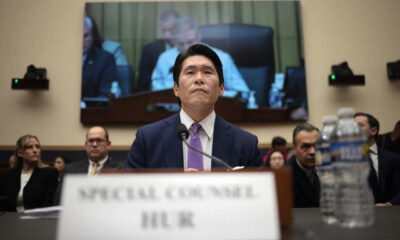

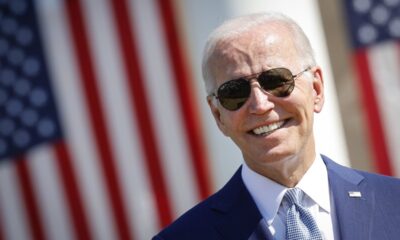

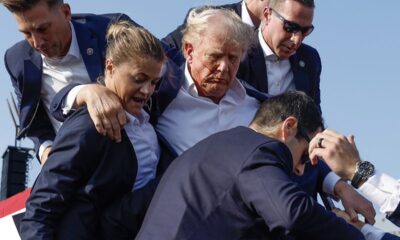



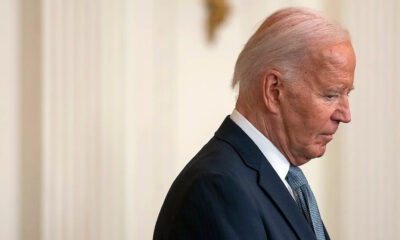



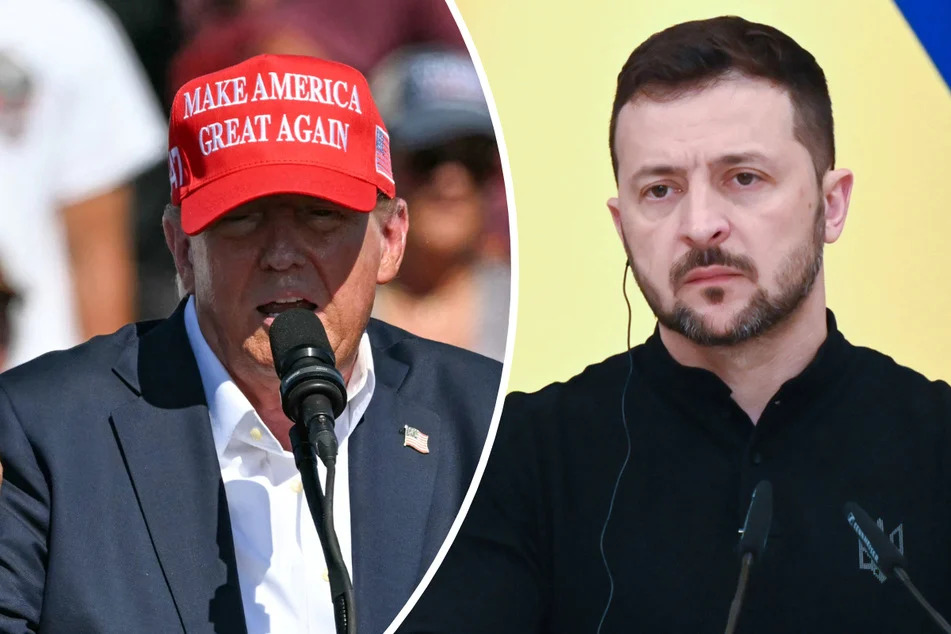
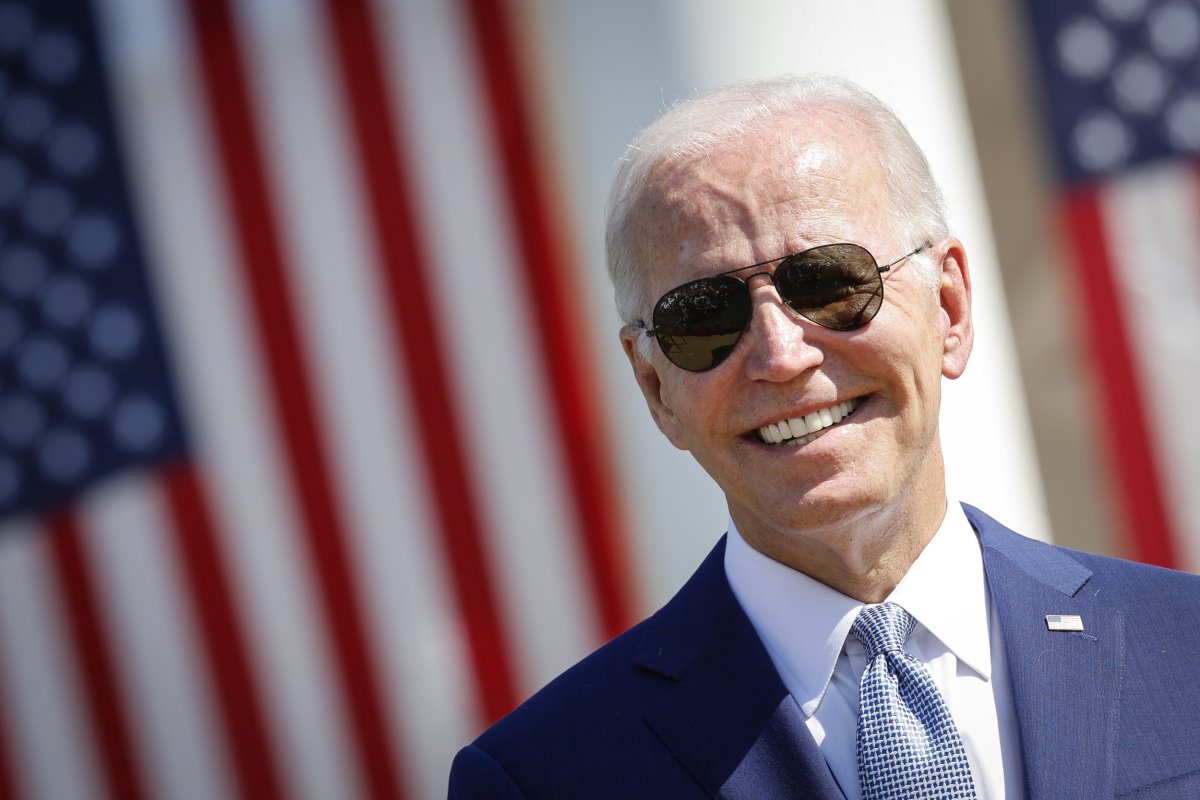
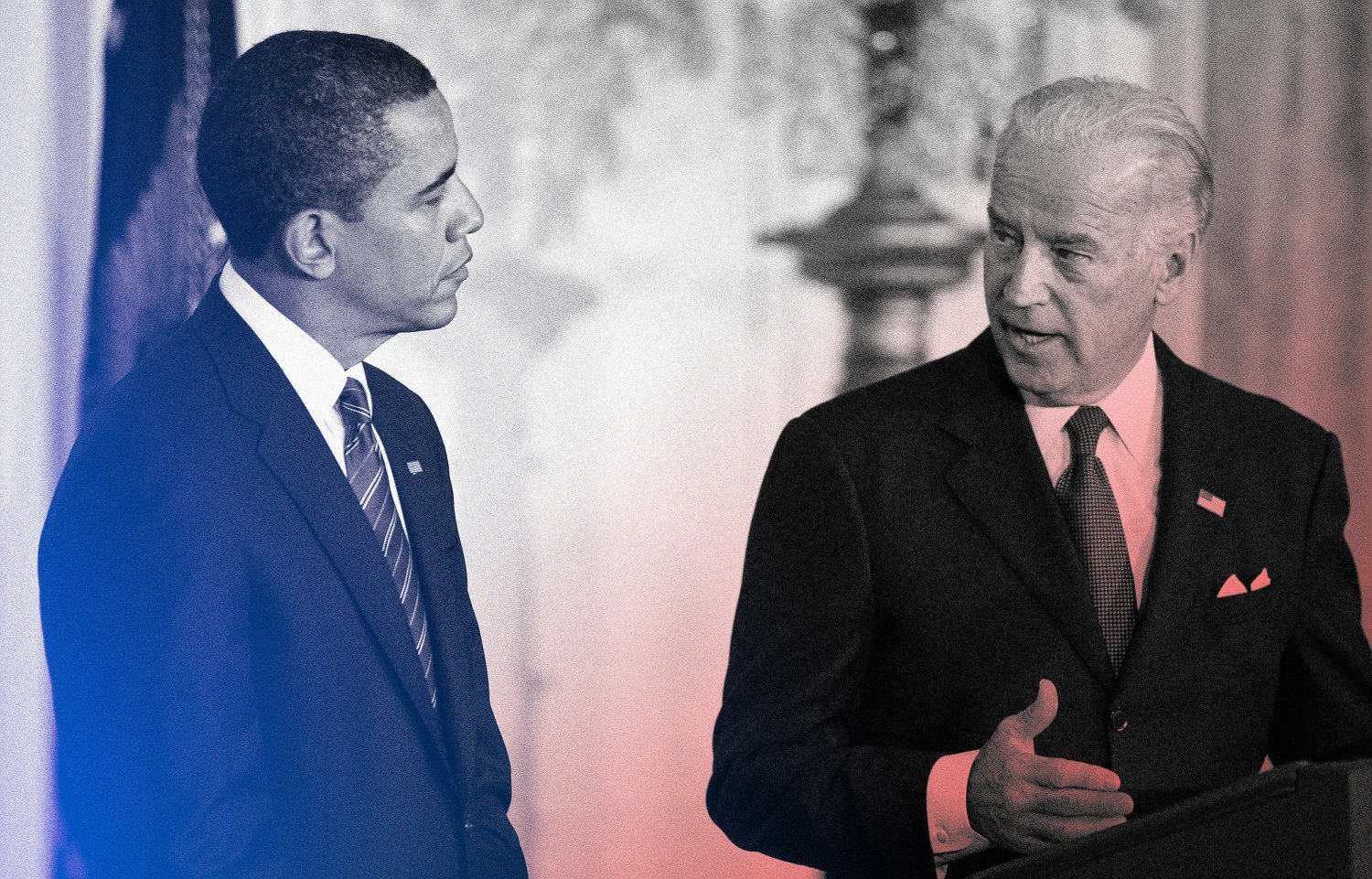








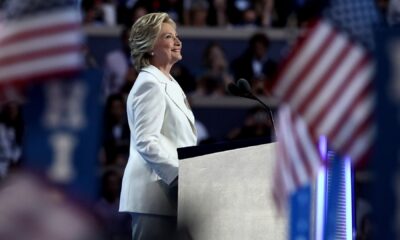

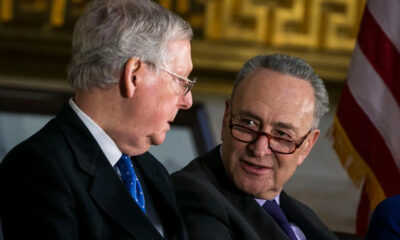



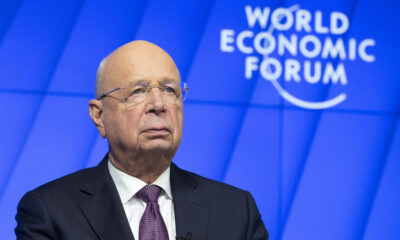



You must be logged in to post a comment Login